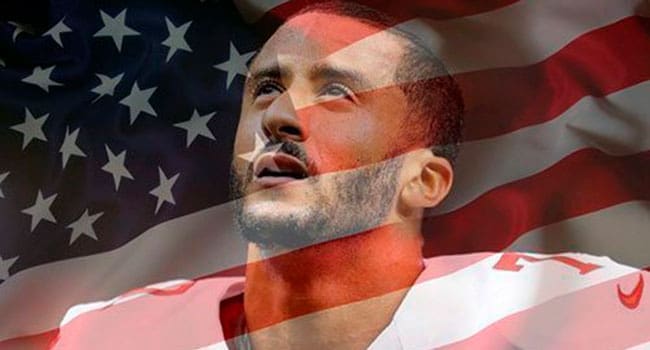 “Never doubt that a small group of thoughtful, committed citizens can change the world; indeed, it’s the only thing that ever has,” said anthropologist Margaret Mead.
“Never doubt that a small group of thoughtful, committed citizens can change the world; indeed, it’s the only thing that ever has,” said anthropologist Margaret Mead.
History shows the tremendous power and depth of Mead’s words. All advances in human rights have resulted from a small group of people who had the courage to take a stand. As progress was made in one part of the world, people in other places drew inspiration and demanded that their rights also be respected.
In 1791, the newly-formed United States of America government adopted the First Amendment of the Bill of Rights. It stated simply, “Congress shall make no law respecting an establishment of religion, or prohibiting the free exercise thereof; or abridging the freedom of speech, or of the press; or the right of the people peaceably to assemble, and to petition the Government for a redress of grievances.”
This revolutionary statement laid the groundwork for human rights documents adopted the world over. Today, every democratic country has a similar credo. A small, thoughtful and committed group of citizens changed the world.
This fact provides tremendous inspiration for anyone who wants to see positive change. It’s a message I do my best to make clear in my teaching. My Social Justice class, for example, looks at significant problems in the world. But, more importantly, it looks at what has been done in the past to bring about change, what’s being done now and what every one of us can do to promote global justice.
It’s difficult not to be moved by the courageous actions of those around us. We don’t need to agree with their views to be inspired by their willingness to take risks to practise their “right to freedom of opinion and expression,” as stated in the Universal Declaration of Human Rights, adopted by the United Nations in 1948.
In 2016, many took notice of National Football League quarterback Colin Kaepernick refusing to stand for the American national anthem before games in protest of the way racial minorities are treated by the legal system in his country. Other players joined him in protest but the violations have continued.
Kaepernick is now unemployed. This isn’t a reflection of his ability to play football, however. He’s arguably much better than many quarterbacks now employed by NFL teams. It’s very difficult to find any reason for him not playing other than that he’s chosen to peacefully protest for human rights.
It’s also interesting to note that Kaepernick is criticized for being unpatriotic and un-American. The irony is astonishing, given that he is indeed practising the very rights upon which his country was founded.
The silver lining is that Mead’s thesis is again being proven true. Professional football players of all ethnicities continue to refuse to stand for the national anthem or they use other means to support Kaepernick’s cause. America’s largest professional sport is also facing a backlash from its fans, with many participating in protest rallies and a growing number pledging to boycott the NFL.
Time will tell what impact Kaepernick’s actions have on American society. If history is an indicator, it will result in improvements to the rights of minorities and to the legal system.
Kaepernick will find an NFL team to play for and his name will be written in history books as a champion of the First Amendment. He and his fellow athletes will be seen as the heroes they are, as committed citizens who took a stand and changed the world.
Troy Media columnist Gerry Chidiac is an award-winning high school teacher specializing in languages, genocide studies and work with at-risk students.
The views, opinions and positions expressed by columnists and contributors are the author’s alone. They do not inherently or expressly reflect the views, opinions and/or positions of our publication.

